Gardening is a beloved hobby for many but it can also be challenging. Pests and diseases can devastate your plants, leaving you frustrated and defeated. But what if there was a natural, affordable solution to keep your Garden healthy and thriving? Enter diatomaceous Earth (DE). Diatomaceous Earth, also called DE, is a natural and versatile substance that can be used in various ways in the Garden.
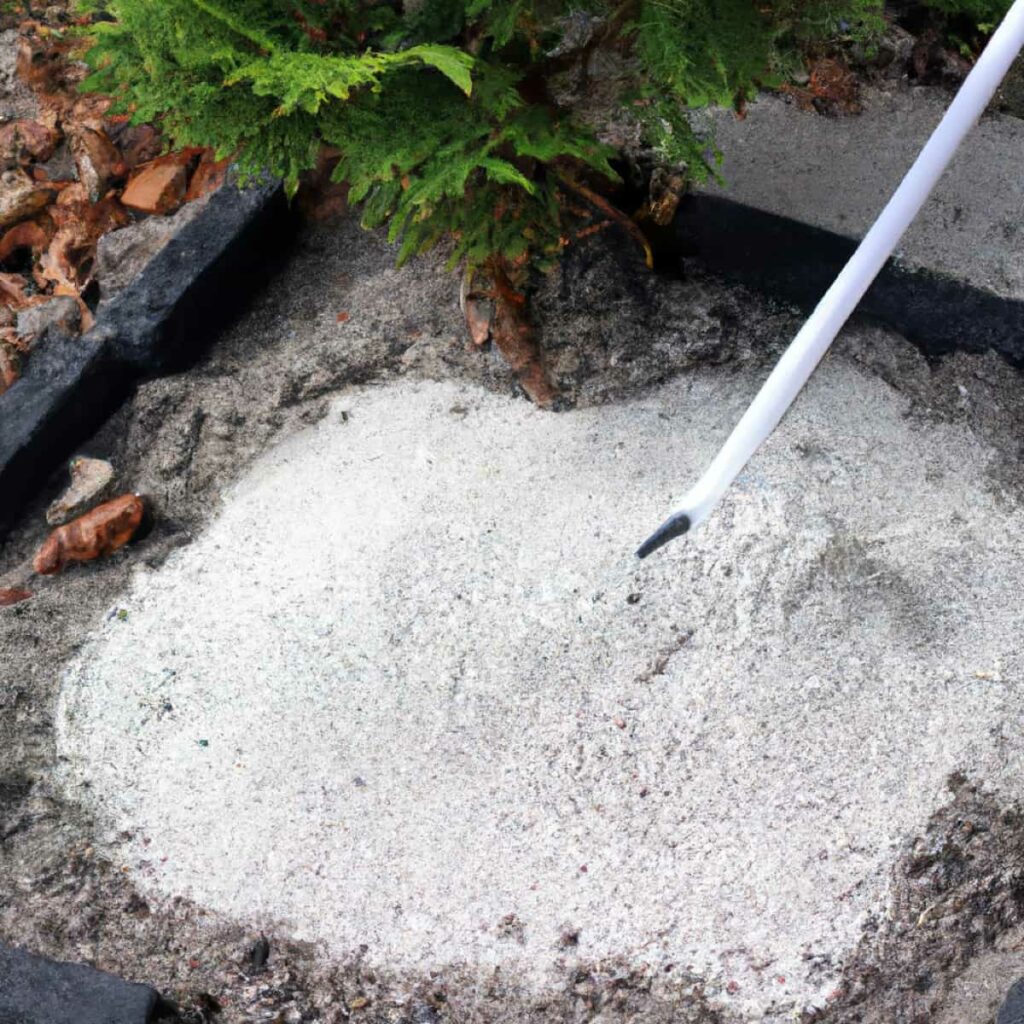
From pest control to soil health, DE offers a range of benefits for your plants and the environment. DE is a naturally occurring substance made from the fossilized remains of microscopic aquatic organisms called diatoms. It is a fine powder that is safe for humans and animals and has a wide range of benefits for your Garden. This blog article post will discuss the ten best reasons to use DE in your Garden, from pest control to soil health. Let’s check out the 8 best reasons to use Diatomaceous Earth in your garden below.
What is Diatomaceous Earth?
Diatomaceous Earth (DE) is a naturally occurring substance made from the fossilized remains of microscopic aquatic organisms called diatoms. It is a fine powder that is safe for humans and animals and has a wide range of benefits for your Garden.
How to choose the right type of Diatomaceous Earth for a garden?
There are two types of diatomaceous Earth available for use in the Garden: Food-grade and industrial-grade. It’s essential to choose the right type for your specific gardening needs.
- Food-grade DE: This type of DE is safe for human and animal consumption and is typically used in supplements, toothpaste, and other personal care products. Food-grade DE is also safe in the Garden but more expensive than industrial-grade DE.
- Industrial-grade DE: This type of DE is not intended for human or animal consumption and is typically used in industrial settings such as pool filtration and as a pest control agent. It is less expensive than food-grade DE but may contain heavy metals or other contaminants.
When choosing DE for your Garden, read the label carefully and look for products labeled as “food-grade” or safe for use in the Garden. It is also recommended to purchase DE from reputable suppliers to ensure that you are getting a high-quality product.
Although granulated, crushed diatomite is available, milled or micronized diatomaceous Earth with a high concentration of amorphous silica is more commonly employed in agriculture. Additionally, it’s important to note that DE can be mixed with other organic solutions to enhance its effects. It can be used to sprinkle on plants or vegetables after harvesting to keep insects away from stored crops.
Benefits of Diatomaceous Earth in the garden
- Pest Control: Diatomaceous Earth is a natural pest control method that can control many insects, including ants, aphids, beetles, caterpillars, cockroaches, earwigs, fleas, flies, mosquitoes, slugs, snails, spiders, and ticks.
- Soil Health: DE can improve soil health by adding beneficial minerals and trace elements, such as silicon, calcium, and iron, to the soil.
- Plant Growth: DE can also help improve plant growth by adding necessary minerals to the soil, promoting healthy root development, and increasing the ability of plants to absorb nutrients.
- Natural Fertilizer: DE can also be used as a natural fertilizer, providing plants with the necessary minerals and nutrients for optimal growth.
- Soil Drainage: DE can improve soil drainage by increasing the porosity of the soil, allowing for better water retention and air circulation.
- Organic Gardening: DE is a natural and organic option for gardening, making it safe for humans and animals.
- Cost-Effective: DE is an affordable solution for pest control and soil health, making it an excellent option for those on a budget.
- Easy to Use: DE is easy to use. Sprinkle it over the soil or plants, and it will start working immediately.
- Long-Lasting: DE can last in the soil for several months, depending on the weather conditions and how frequently it is applied.
- Non-toxic: DE is non-toxic and safe to use, making it an excellent option for those who prefer to avoid chemical pesticides.
In case you missed it: Top 10 Vegetables to Grow in Your Garden: A Complete Guide for Beginners
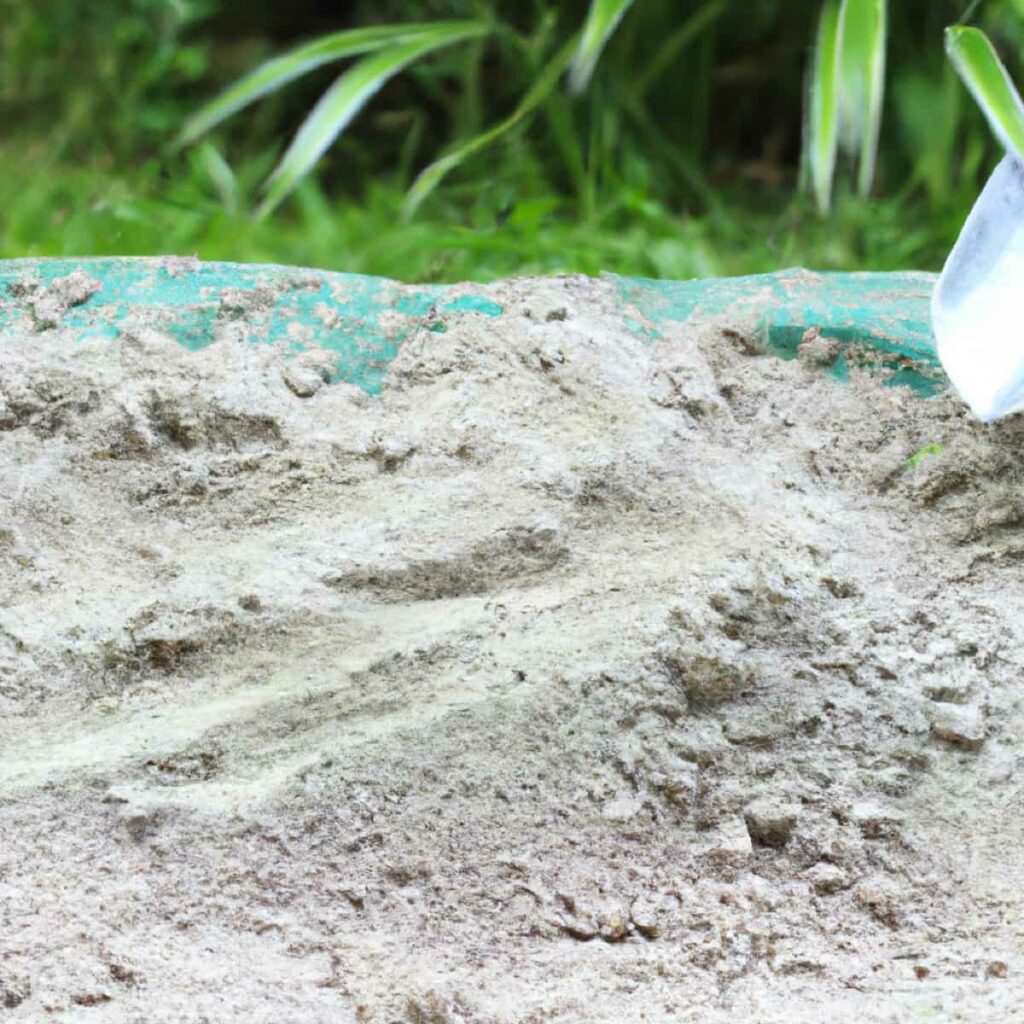
What is the shelf life of Diatomaceous Earth in soil?
Diatomaceous Earth can be effective within one day if left undisturbed, while better results are usually shown after five days. It’s important to note that weather conditions such as heavy rain or irrigation can wash away or dilute the DE in the soil, reducing its effectiveness. For best results, recommended to reapply DE to the soil every 2-4 weeks or after heavy rain or irrigation.
It is also important to note that DE’s effectiveness may vary depending on the type of pests you are trying to control and the soil you have. Diatomaceous Earth is safe for earthworms and beneficial insects such as ladybugs and bees. However, it harms pests like slugs, snails, and aphids.
What bugs does Diatomaceous Earth keep away?
Diatomaceous Earth effectively controls various pests, including ants, aphids, beetles, caterpillars, cockroaches, earwigs, fleas, flies, bed bugs, cockroaches, crickets, mosquitoes, slugs, snails, spiders, and ticks.
What is the composition of Diatomaceous Earth?
It contains about 3% magnesium, 5% sodium, 2% iron, 19% calcium, 33% silicon, and traces of other minerals. However, because DE has a high absorption rate and a dehydrating nature, it is vital to take preventive steps, such as wearing gloves and masks to protect the skin and lungs. It is a low-cost pest management and soil health solution, making it an excellent choice for individuals on a tight budget.
In case you missed it: Key Rules to Begin a Terrace Garden in India: Explained in Simplified Steps
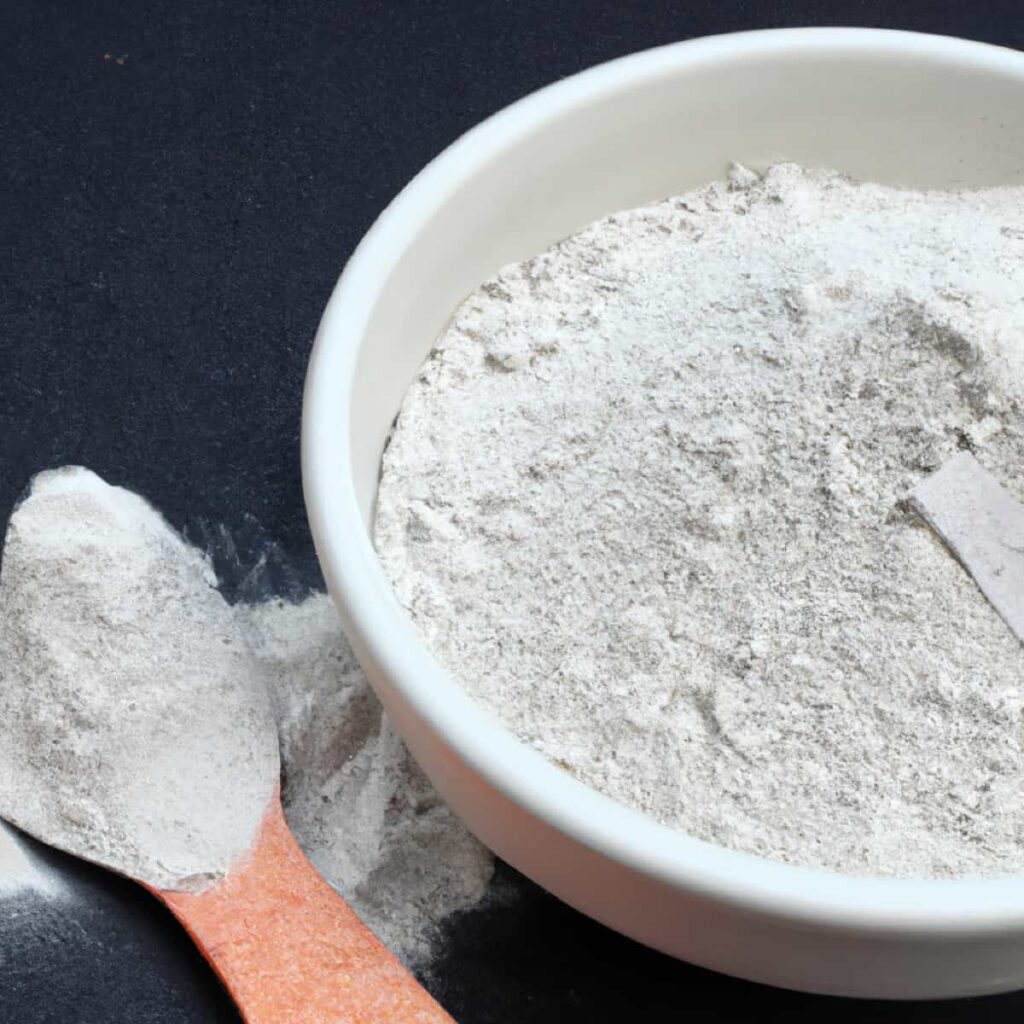
8 best reasons to use Diatomaceous Earth in your garden
Control slug on plants and in the garden
Diatomaceous Earth (DE) can be an effective way to keep slugs off your plants. When slugs come into contact with DE, the sharp edges of the diatom fossils cut into their soft bodies, causing them to dehydrate and die. To use DE to control slugs in your Garden, sprinkle a thin layer of DE around the base of your plants or on top of the soil. Be sure to reapply DE after heavy rain or irrigation to ensure its continued effectiveness. You can also create a barrier around your plants by making a circle of DE around them.
It’s important to note that DE can take a few days to start working, so be patient and persistent in reapplying it to see the best results. DE can also be mixed with other organic solutions, such as beer traps, to enhance its effects. Please keep in mind that DE is not only effective for slugs but also a wide range of pests, but it’s not a pesticide but a physical barrier that dries out the bugs’ skin and eventually dehydrates it.
Diatomaceous Earth use it as a deodorizer
Diatomaceous Earth can be used as a natural deodorizer, as it can absorb unpleasant odors. Fine powder can be used in various ways to eliminate odors in your home or Garden.
- Carpet Deodorizer: Sprinkle a thin layer of DE on carpets and rugs, wait for 15 minutes, then vacuum it up. The DE will absorb any odors in the carpets and leave them smelling fresh.
- Room Deodorizer: Sprinkle DE in corners and other areas where odors linger. Leave it overnight, and then vacuum it up the next day.
- Compost Deodorizer: Sprinkle DE on top of your compost pile to absorb unpleasant odors.
- Pet Bedding Deodorizer: Sprinkle DE on pet beds and leave it for a few hours before vacuuming; it will absorb any unpleasant odors.
In case you missed it: 20 Key Rules for Setting Up a Budget Hydroponic Garden at Home
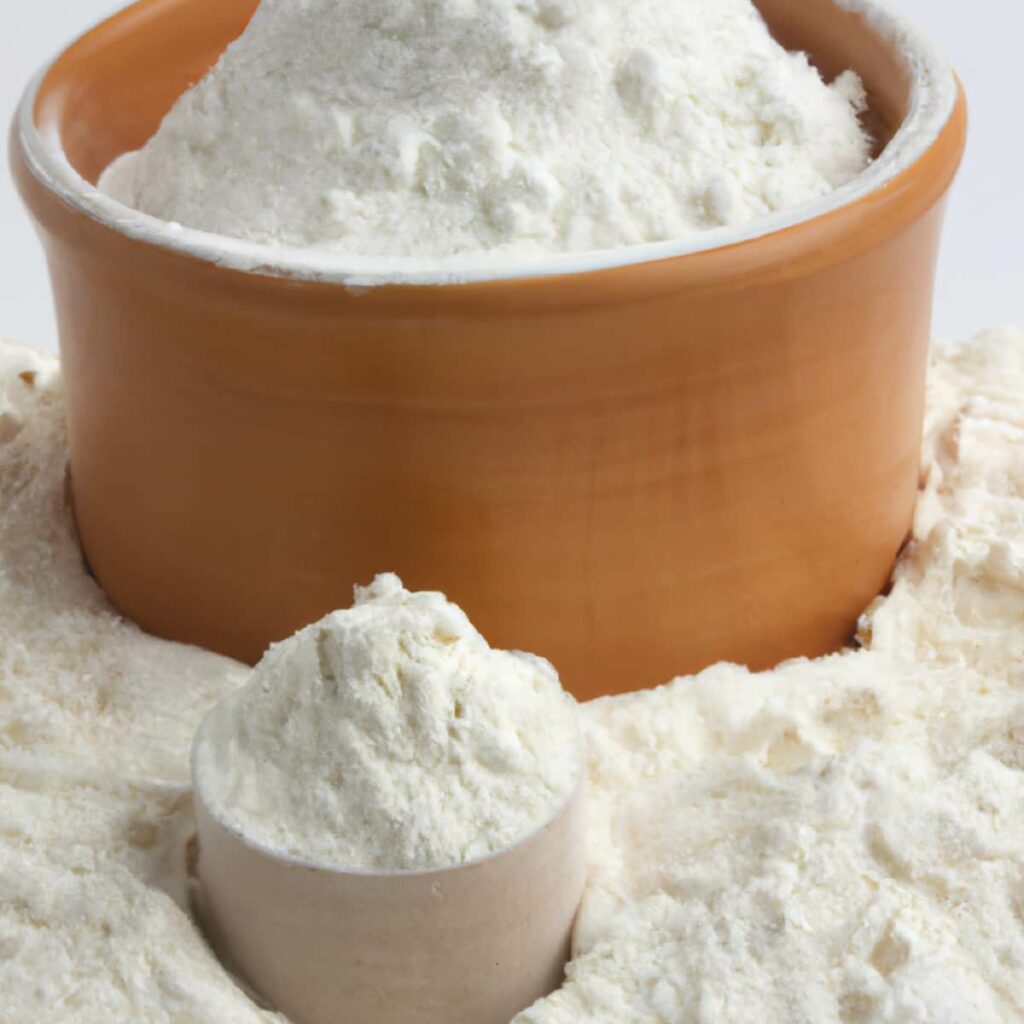
Used it as a mechanical pesticide
Diatomaceous Earth (DE) can be used as a mechanical pesticide, physically damaging the exoskeleton of insects rather than chemically killing them. When insects come into contact with the Diatomaceous earth, the sharp edges of the diatom fossils cut into their exoskeleton, causing them to dehydrate and die. To use DE as a mechanical pesticide, sprinkle a thin layer of DE on top of the soil or around the base of plants.
Be careful not to inhale it directly. It’s also recommended to reapply DE after heavy rain or irrigation to ensure its continued effectiveness. DE effectively controls various pests, including ants, aphids, beetles, caterpillars, cockroaches, earwigs, fleas, flies, mosquitoes, slugs, snails, spiders, and ticks. However, it’s important to note that DE is ineffective against every type of pest and may only work well in some situations.
Use it to promote porosity in pots and containers
Diatomaceous Earth (DE) can also be used in pots and containers to increase the porosity of soil and improve drainage. It is especially useful for container gardening, where proper drainage is crucial for the health of your plants. To use DE in pots and containers, mix it into the soil before planting. You can use 1-2 tablespoons of DE for every gallon of soil. The DE will help create larger pores in the soil, allowing for better water retention and air circulation.
It will help prevent waterlogging and root rot, common issues in container gardening. DE can also be used to amend heavy clay soil and sandy soil; it helps to balance the soil structure and improves the soil’s ability to retain water and nutrients. It’s important to note that DE is not a fertilizer. Still, it can help improve your soil’s overall health by providing beneficial minerals and trace elements, such as silicon, calcium, and iron.
Use to control Mites, Aphids, and Ants
- Mites: When mites come into contact with DE, the sharp edges of the diatom fossils cut into their bodies, causing them to dehydrate and die. Sprinkle DE on top of the soil and the leaves of plants infested with mites. Be sure to reapply DE after heavy rain or irrigation.
- Aphids: Sprinkle DE on top of the soil and the leaves of plants infested with aphids. Be sure to reapply DE after heavy rain or irrigation.
- Ants: Sprinkle DE around plants’ base or your Garden’s perimeter to keep ants away. Be sure to reapply DE after heavy rain or irrigation.
It’s important to note that DE can take a few days to start working, so be patient and persistent in reapplying it to see the best results. DE can also be mixed with other organic solutions, such as neem oil, to enhance its effects.
In case you missed it: Fertilizer Schedule for Home Garden: Organic, Chemical, How and When to Apply
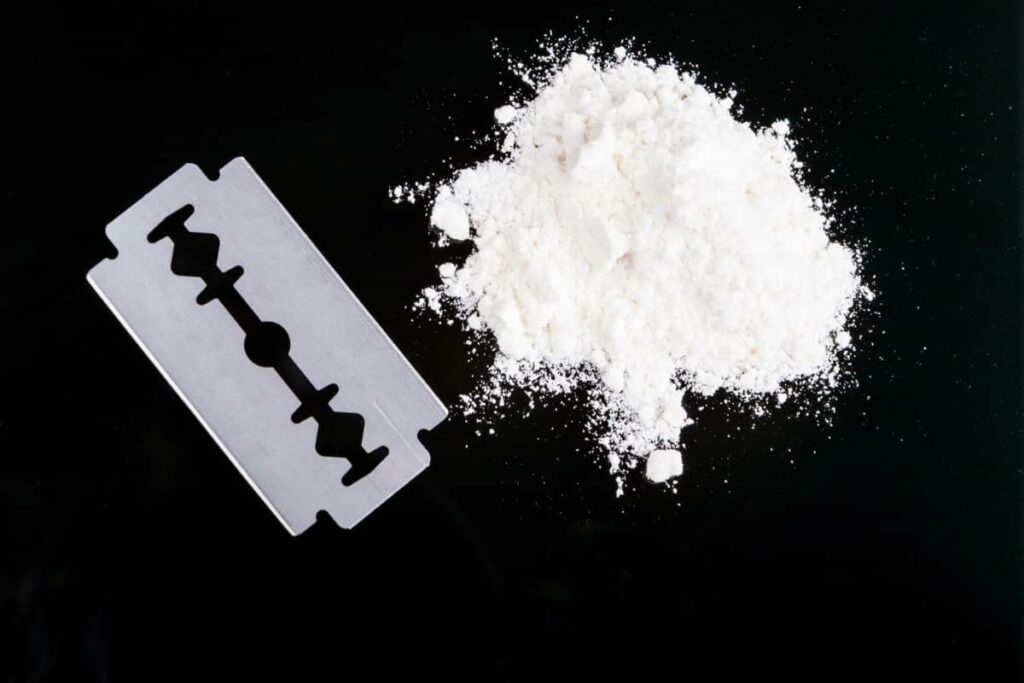
Use get rid of maggots in compost and manure
Diatomaceous Earth can eliminate maggots in compost and manure by spreading a thin layer of powder on top of the affected area. The powder will dehydrate the maggots and kill them. It is important to note that diatomaceous Earth can also harm beneficial insects and animals if inhaled, so it should be used cautiously and in a well-ventilated area. It is also recommended to use food-grade diatomaceous Earth for this purpose.
Discourage rodents from visiting your garden
Rodents such as rats, moles, mice, and rabbits can cause significant damage to your Garden, but if you don’t want to trap or eliminate them, one option is to prevent their visits. Because they are known to be sensitive to citrus and peppermint scents, use small containers of diatomaceous Earth (DE) with a few drops of lemon or peppermint essential oil as deterrents. This highly porous substance absorbs oil better than cotton balls and retains the smell for extended periods.
Used in plant growth promotion
Diatomaceous Earth (DE) is a naturally occurring sedimentary rock composed of the fossilized remains of diatoms, a type of algae. It is rich in silica and other beneficial minerals for plant growth. DE is used in several ways to improve plant growth and health.
- Soil amendment: DE can be added to the soil as a natural amendment to improve soil structure, increase water retention, and provide essential minerals to plants.
- Pest control: DE can be used as a natural pest control agent. Its abrasive texture damages the exoskeletons of insects, causing them to dehydrate and die.
- Fertilizer: DE is rich in silica, essential for plant growth and development. It can be used as a natural fertilizer to give plants the minerals they need to thrive.
- Seed coating: DE can be used to coat seeds before planting. The abrasive particles in DE can damage pests’ exoskeletons and help protect the seeds from damage.
- Root stimulant: DE can stimulate root growth by providing essential minerals and encouraging the development of healthy root systems.
In case you missed it: Key Rules for Kitchen Gardening: How to Start from Scratch, Plan, the Principles, Ideas, and Tips
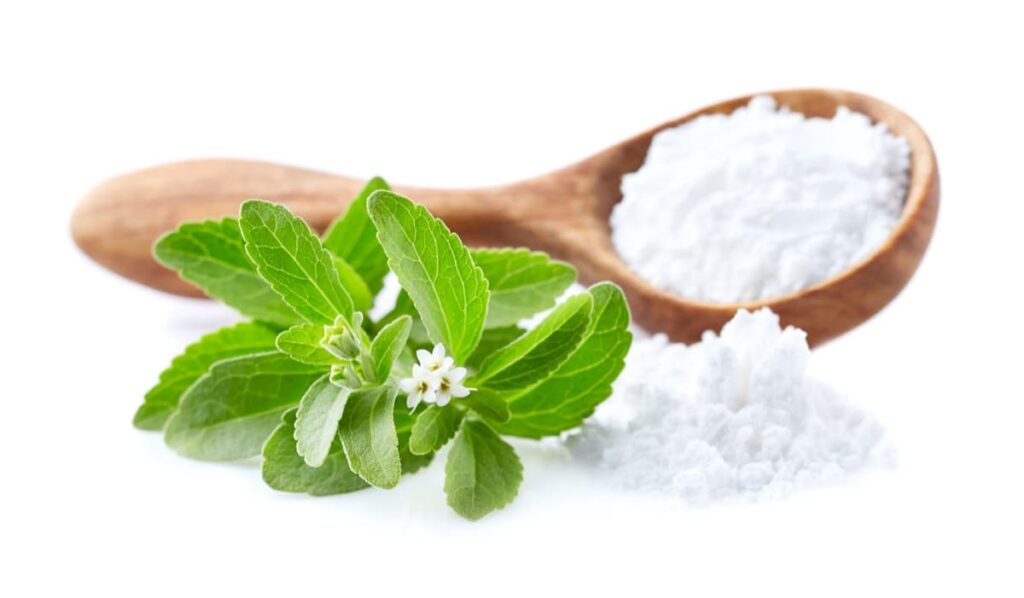
Conclusion
In conclusion, diatomaceous Earth is a versatile and natural solution for many common gardening problems. It can be used as a pest control, fertilizer, and soil amendment, among other things. It’s safe for use around pets and children and is environmentally friendly. Whether a seasoned gardener or a novice, diatomaceous Earth is a valuable tool in your gardening arsenal. With its many benefits and uses, it’s no wonder it has been gaining popularity among gardeners in recent years. So, if you’re looking for a natural and effective way to improve your Garden, give diatomaceous Earth a try.
- Budget Friendly Sheep Shed Ideas: Cheap and Low-Cost Tips
- How Much Do Cattle Farmers Make: Revenue Streams in Cattle Farming
- Management Pests and Diseases in Your Cotton Field
- Sheep Farming Business Plan for Beginners
- Aquaponic Farming at Home: A Step-By-Step Guide
- Profitable Village Farming Business Ideas in 2024
- High-Yield Aquaculture: Fast-Growing Fish for Farming
- Effective Fish Pond Construction Techniques for Beginners
- Irrigation and Water Management in Pineapple Farming
- Blossom to Harvest: Mastering Flowering and Pollination in Papaya Farming
- Pig Fattening Essentials: From Selection to Sale for Beginners
- Raising Wagyu Cattle: A Complete Guide for Premium Beef Production
- Soil Types and Their Water Holding Capacity
- Optimizing Irrigation Schedules for Coconut Groves for Enhanced Yield
- Espresso Your Garden: Coffee Grounds for Healthier Acid-Loving Plants
- The Best Soil Mix for Snake Plants: How to Mix Your Own Snake Plant Soil
- Green Thumb Success: Expert Tips for Cultivating Greenhouse Beans All Year Round
- Bloom All Year Round: The Ultimate Guide to Indoor Hyacinth Care
- Eco-Friendly Gardening: How to Make Liquid Fertilizer from Kitchen Waste
- Ultimate Guide to Grow Anise in Pots: Explore Seed Propagation to Harvesting
- Guide to Raising Chester White Pigs: Discover Breed Facts to Growth Management
- Mastering the Elegance: The Ultimate Guide to Weeping Cherry Tree Care, Planting, and Maintenance
- Ultimate Guide to Planting Garlic in Grow Bags: Growing Strategies for Beginners
- How to Fix Spider Plant Leaf-Related Problems: Natural and Organic Remedies
- 10 Reasons Why Your Tulsi Plant is Shedding Leaves: Home Remedies and Solutions
- Optimizing Growth and Yield: The Advantages of Palm Bunch Ash Fertilizer
- Utilizing Neem Oil Extract as a Natural Pesticide for Hydrangea
- From Soil to Harvest: Various Ways in Which Farmers Can Use AI Tools
- Steps to Encourage and Induce Citrus Flowers: A Comprehensive Guide
- How to Fix Snake Plant Leaf-Related Issues: Natural and Organic Remedies
- Transform Your Garden into a Fragrant Oasis with Raat Ki Rani (Night Blooming Jasmine)
- Discover the Ideal Chicken Breeds for Philippine Farms
- How to Create a Poultry Egg Farm Business Plan for Profits
- Grow Lemon Cucumbers Like a Pro: Insider Techniques for Bountiful Yields
- Ultimate Guide to Caring for Your Pink Princess Philodendron: Tips for Thriving Variegation
- Areca Nut Profit Per Acre: Calculating Yield and Cost of Cultivation
